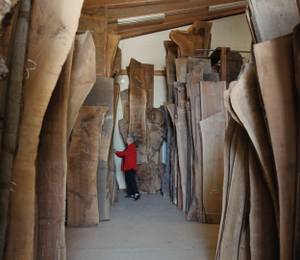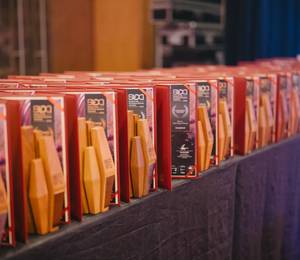Ottawa, Canada – The Royal Architectural Institute of Canada (RAIC) will bestow a special Lifetime Contribution Award to Sonja Bata, Hon. MRAIC, a strong advocate of design excellence and benefactor of architecture worldwide.
Over the past 68 years, Mrs Bata has furthered public awareness and appreciation of design and building excellence through the organisations she has led. She and her late husband Thomas Bata also commissioned a remarkable series of architecturally significant buildings.
“What a great honour and I feel rather humble,” said Mrs Bata. “So many projects I was involved in succeeded because of the people with whom I worked. All my life, I was striving for excellence in design. Good architecture can make such a difference in creating pleasant and inspiring environments for people.”
Mrs Bata had originally been nominated for the 2015 RAIC Advocate for Architecture Award. However, an independent jury felt that her long list of achievements was “more on the level of patron” than advocate. The jury recommended that the RAIC give a special recognition.
“The nomination of Sonja Bata represents a lifetime of work that is astounding in its breadth, rigour and commitment,” said the three-member jury. “This nomination represents a series of achievements so compelling and special that it deserves recognition and its own special award.”
Mrs. Bata is to receive the award at the RAIC Festival of Architecture which takes place in Calgary June 3 to 6, in collaboration with the Alberta Association of Architects.
The jury members:
• Michael McClelland, FRAIC, Principal of E.R.A Architects in Toronto
• Bernard Flaman, FRAIC, Public Works and Government Services Canada
• Mark Ostry, FRAIC, Principal of Acton Ostry Architects in Vancouver
Born in Switzerland, Mrs Bata studied architecture at the Swiss Federal Institute of Technology in Zurich. In 1946, she married Thomas Bata Jr., of the Bata Shoe Company founded in Czechoslovakia. Sonja Bata has championed many cultural, environmental and social causes, serving as a member of three dozen boards in Canada and elsewhere since 1953. These boards include the Council for Business and the Arts in Canada, the Atlantic Council of Canada, the Royal Military College of Canada, Junior Achievement, the Canadian Unity Council, Batawa Development Corporation, the World Wildlife Fund International, Mentor International and Tomas Bata University. From 1964 to 1976, Mrs Bata was a member of the National Design Council of Canada and its chairwoman from 1973-1975. Under Mrs Bata’s leadership, the National Design Council saw its role as a catalyst, to encourage the government and industry to employ good design and to pursue a national design policy and strategy.












